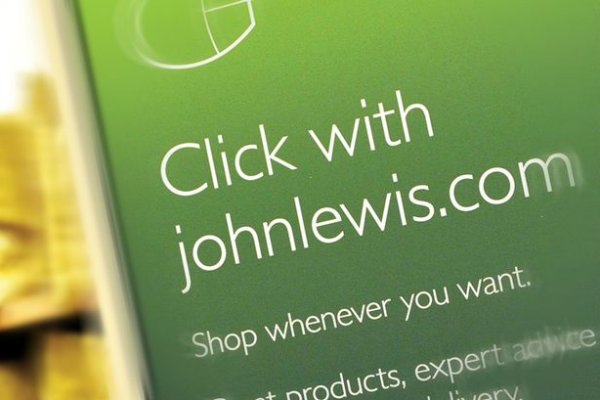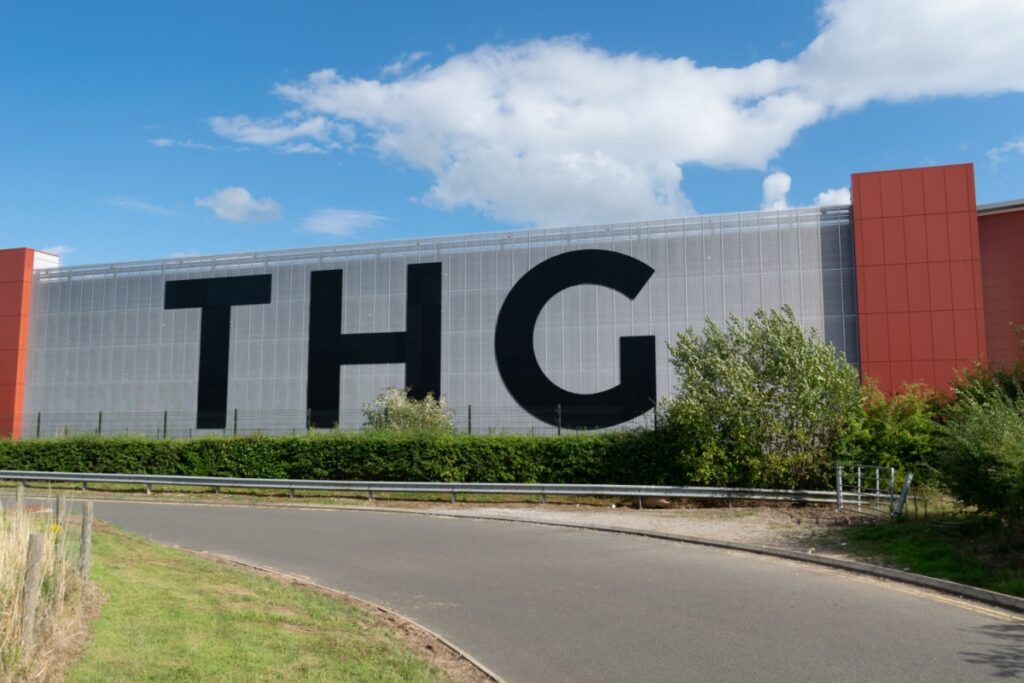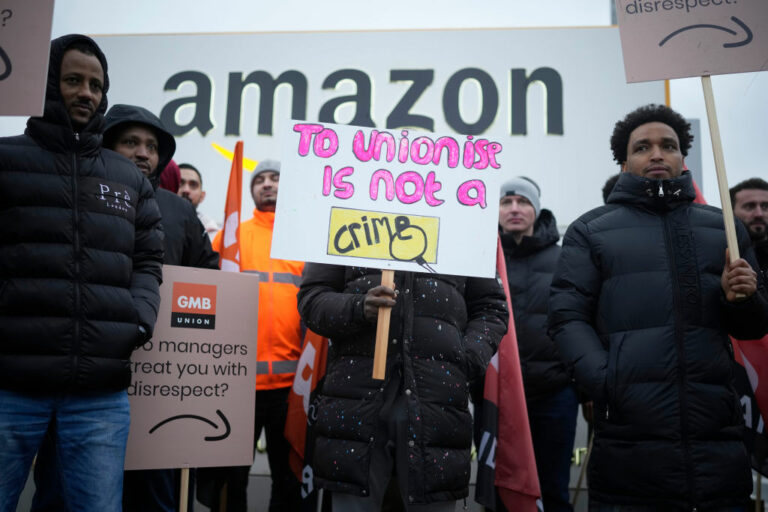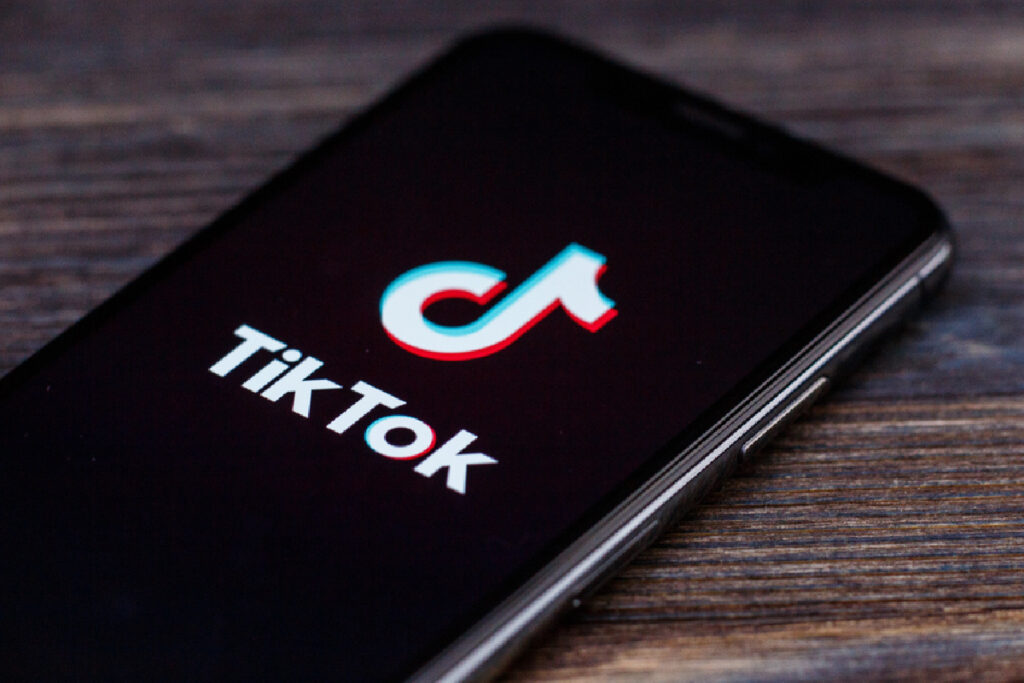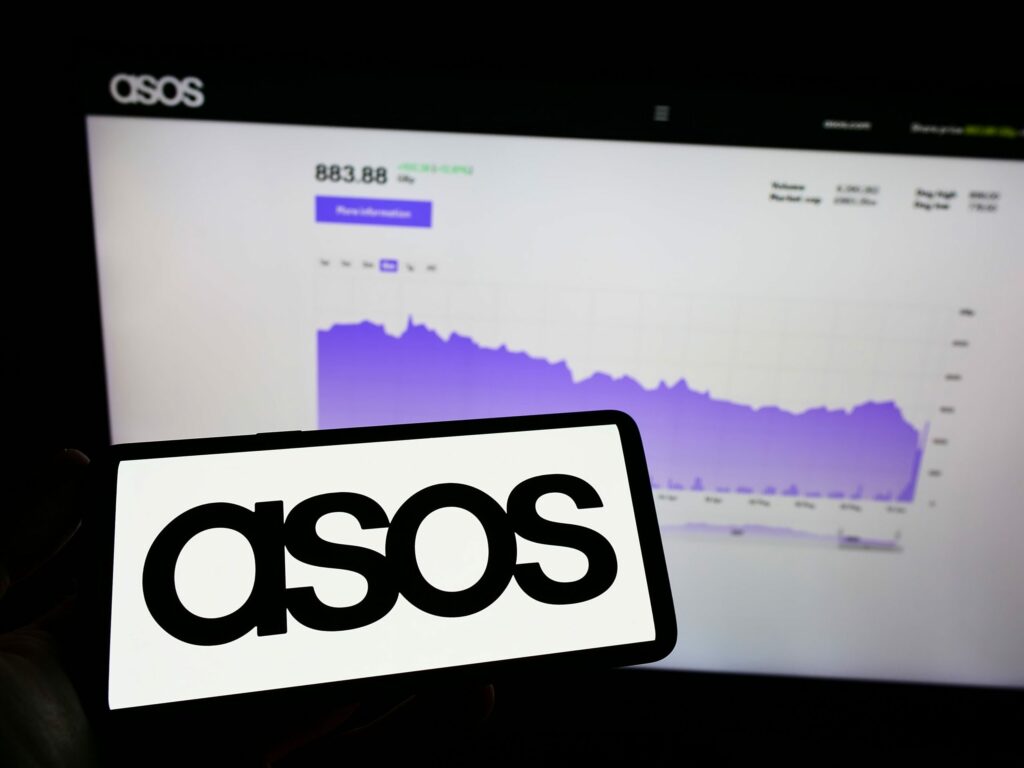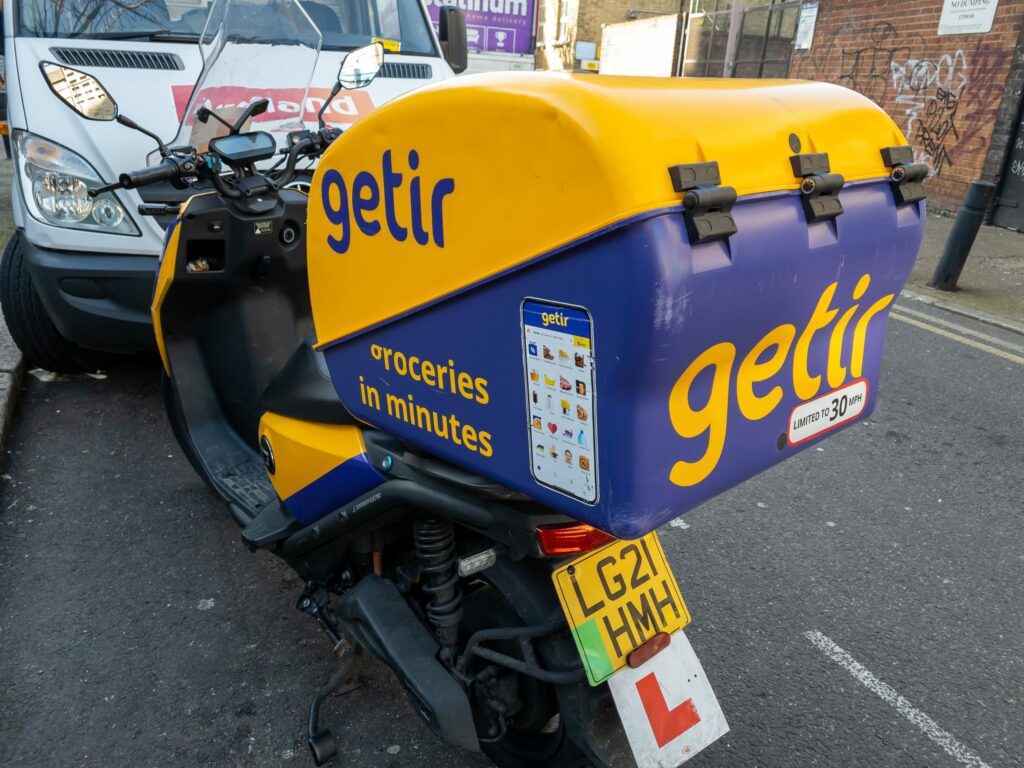John Lewis has spent almost £1m on search ads as it fights against the likes of Argos and Amazon for web traffic.
The department store chain topped a list of retailers that had paid for non-branded keyword traffic related to home and decor. The results, published by Kantar Media‘s subsidiary AdGooroo, found that £45.5m had been spent by 4,892 advertisers on 500 non-branded keywords in 2015. Having spent £920,000 during the period, John Lewis was named the UK‘s biggest paid search advertiser for the home and decor sector.
The process involves companies paying to appear early on lists of search results for non-branded words. In John Lewis‘ case, it could bid to show up as high as possible in a list of results for terms like ‘home decorations‘ or ‘bedroom furniture‘. Last year‘s top five were ‘fitted wardrobes‘, ‘blinds‘, ‘kitchens‘, ‘sofas‘ and ‘beds‘, with the two most popular having attracted over £1m in investment between them.
“Our findings demonstrate that retailers need to have a strong understanding of the competitive landscape in paid search,” said Chief Executive of AdGooroo Richard Stokes.
“The home décor sector is especially competitive; on average, we found there were 93 advertisers actively sponsoring each of the top 20 keywords during the period. Our study also highlights the importance of keyword selection.”
Stokes referred to the most popular term, ‘fitted wardrobes‘, compared to ‘built in wardrobes‘ which came in 19th place, and attracted less than 1/2500th the investment. In other words, failing to carefully choose key words can cause retailers to really lose out on web traffic. As paid-for-search accounts for the majority of digital investment made by companies, having risen 15.3% to £4.36bn in the year covered, picking and choosing correctly can potentially be worth hundreds of thousands.
Despite John Lewis topping the list of spenders, ecommerce giant Amazon attracted the most clicks, gaining 2m during the period compared to 1.99m for John Lewis. Still, John Lewis‘s click-and-collect orders grew by 11% last year and now accounts for nearly 50% of its online orders, suggesting that its investment is certainly paying off.

